Nature is full of surprises, and sometimes animals can be eerily similar to humans, even when it comes to seeking revenge. While the idea of animals acting out of spite might seem like the stuff of fiction, there are numerous documented cases that suggest they can indeed retaliate in ways that feel surprisingly familiar. From intricate schemes to calculated aggression, these creatures have demonstrated that revenge isn’t just a human trait. Let’s explore the fascinating world of animal vengeance and see how they sometimes mirror our own complex behavior.
Elephants Never Forget
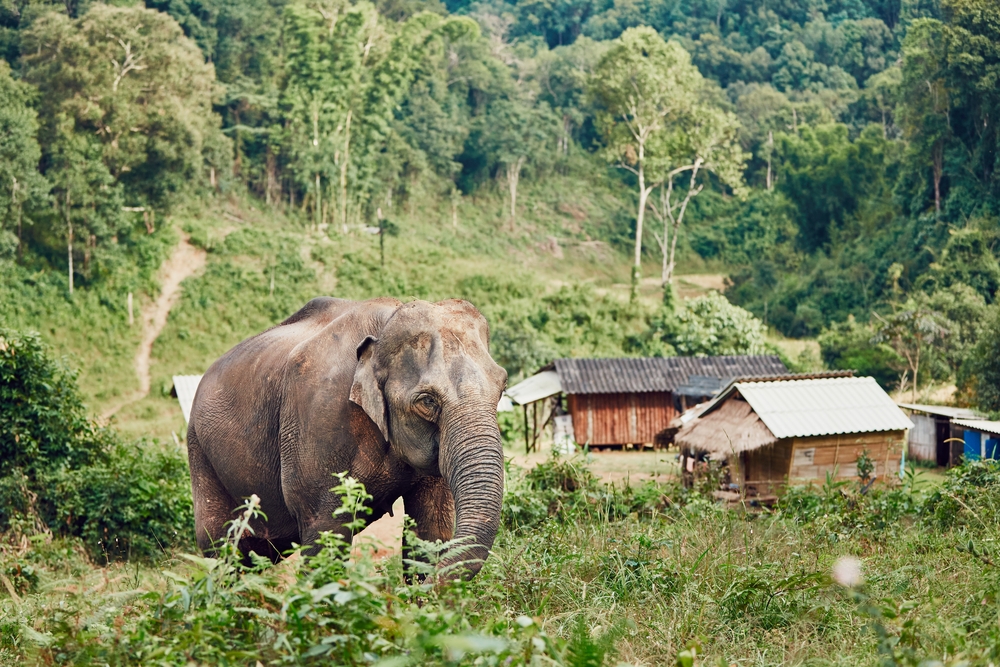
Elephants are renowned for their incredible memory, and sometimes they use it to settle scores. There have been reports of elephants targeting specific villages, even years after being harmed by people there. In some cases, they’ve been known to destroy crops, houses, and anything else in their path as a form of payback. Witnesses have noted that these acts often occur after a member of the herd has been killed or mistreated. It’s a stark reminder of their intelligence and their capacity for emotional depth.
This behavior showcases a level of planning and understanding that rivals human acts of retribution. Elephants’ ability to remember specific harms and retaliate accordingly is both fascinating and a little unsettling. Their acts of revenge are not random but instead appear to be targeted and intentional. This raises questions about their moral and ethical reasoning, as they seem to possess a sense of justice. While their retaliation can be devastating, it also highlights their need for respect and humane treatment.
Octopuses Throw Tantrums
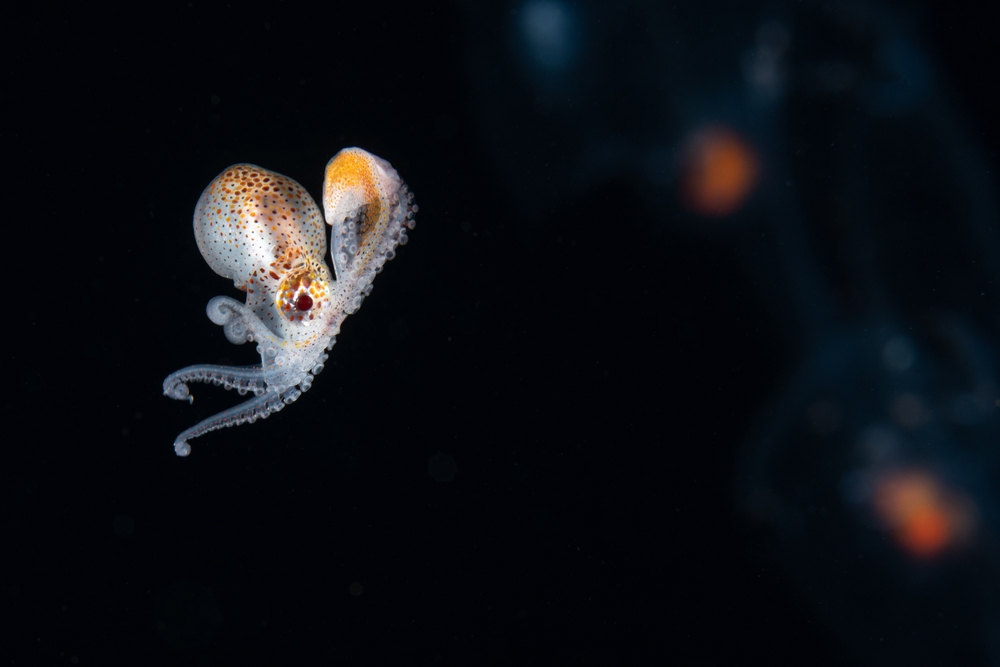
Octopuses are known for their intelligence, and they use it in unexpected ways, including holding grudges. In aquariums, they’ve been observed throwing objects like shells and rocks at people who annoy them. This behavior suggests a deep understanding of their environment and those who inhabit it. It’s almost as if they’re expressing their displeasure directly at the source of their irritation. Their actions indicate a level of awareness and intent that is quite remarkable for a sea creature.
Such behavior shows they not only recognize specific people but also choose to act against them. This selective targeting can be likened to how humans might retaliate against those who have wronged them. Octopuses’ ability to remember and react to perceived slights is a testament to their cognitive abilities. It’s a reminder that the ocean holds creatures with complex emotions and responses. Their actions challenge our understanding of what non-human animals are capable of.
Crows Remember Faces
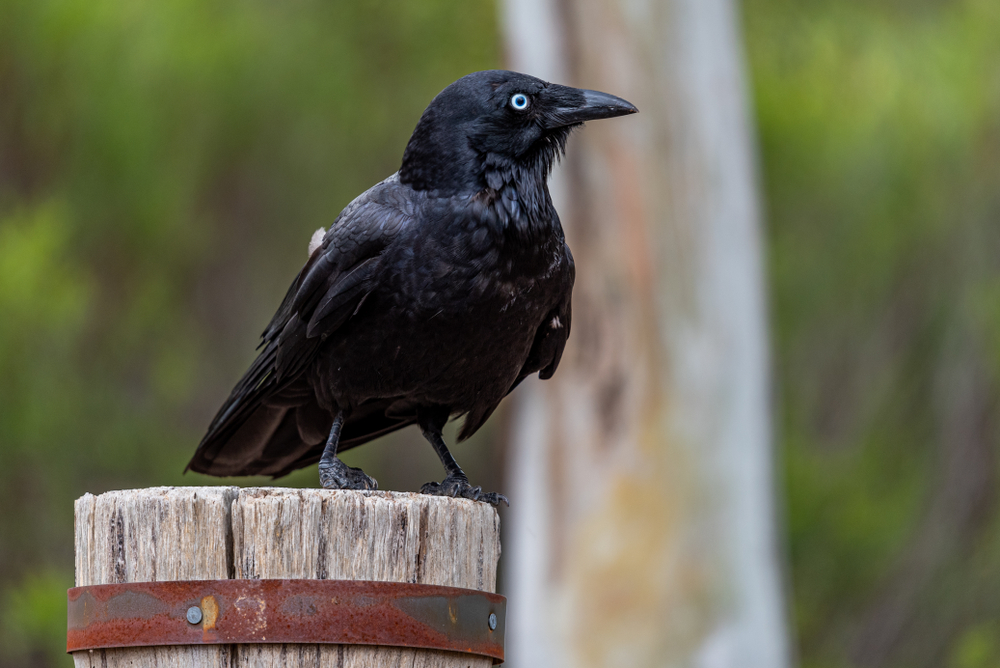
Crows are incredibly intelligent birds, and their ability to recognize and remember human faces is well-documented. When a person wrongs them, crows have been known to hold grudges and even communicate the offender’s identity to other crows. This leads to coordinated attacks, where the avian community harasses the person whenever they’re spotted. This behavior is not only retaliatory but also suggests a form of social learning and communication. Crows are capable of passing on information about perceived threats, creating a network of shared knowledge.
Their sophisticated form of retribution highlights their cognitive prowess. Some might even argue that their actions border on a form of justice system within the avian world. The fact that crows can orchestrate group vendettas is both fascinating and a little terrifying. It serves as a reminder of the intricate social structures and intelligence present in the animal kingdom. People who have experienced crow retaliation would likely attest to their impressive, albeit unsettling, memory and judgment.
Dolphins Deliver Justice
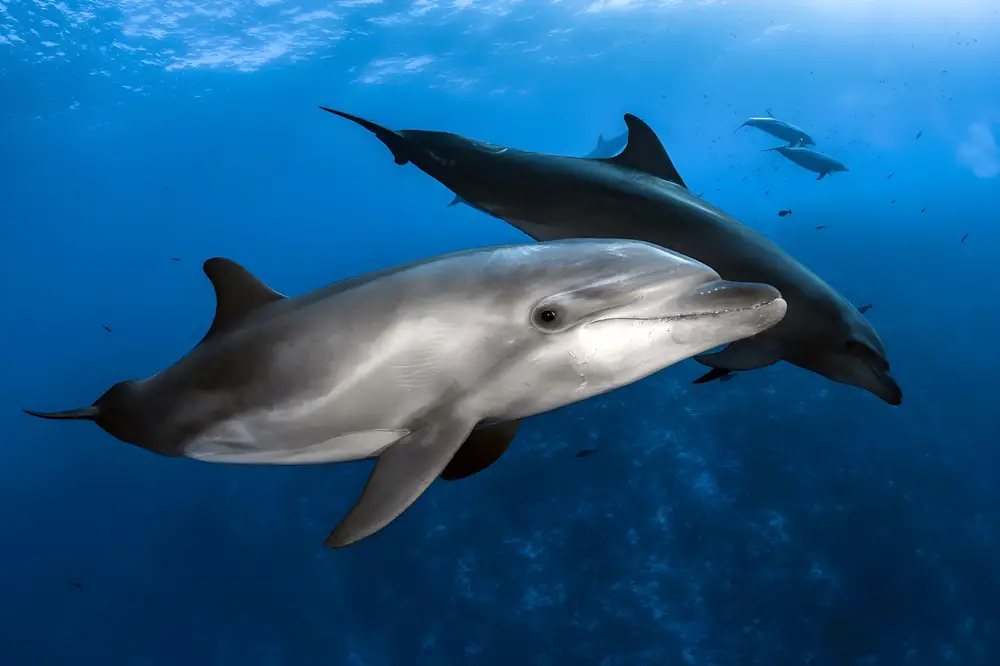
Dolphins are known for their playful nature, but they can also display a darker side when provoked. There have been instances where dolphins have acted vengefully against people who have harmed their pod members. These marine mammals have been observed engaging in coordinated attacks on boats and divers. Their ability to plan and execute these attacks showcases their intelligence and social cohesion. Dolphins’ vengeance is often strategic, making it clear they understand the concept of cause and effect.
This behavior reflects their complex social structure and emotional depth. By taking collective action, they demonstrate a sense of unity and purpose that is reminiscent of human communities. Their retaliatory measures often leave people surprised at the depth of dolphin intelligence. It’s a reminder that even the friendliest-seeming animals can exhibit fierce loyalty and protectiveness. As a result, dolphins command a level of respect and caution from those who understand their capabilities.
Revenge of the Bees
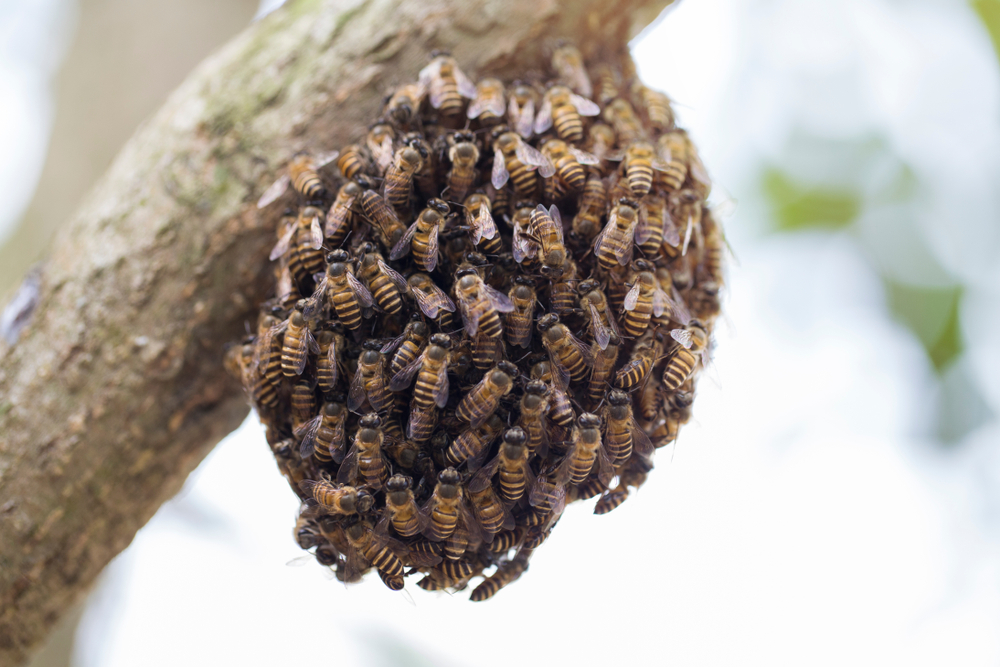
Bees are often seen as industrious and focused, but they can turn aggressive when their hive is threatened. In certain scenarios, bees have been known to engage in revenge attacks, targeting specific people who have disturbed them. This behavior goes beyond mere defense and ventures into the territory of targeted aggression. The bees appear to remember the scent or appearance of the person responsible and act accordingly. This ability to single out and pursue a perpetrator is a testament to their advanced sensory capabilities.
Such actions reveal the complex social dynamics within a bee colony. Their collective response to perceived threats highlights their organizational skills and communication methods. Bees’ vengeful behavior serves as a warning to those who might underestimate them. Despite their small size, they demonstrate a formidable capacity for retaliation. Their actions remind us of the intricate and sometimes ruthless world of insects.
Tiger’s Calculated Payback
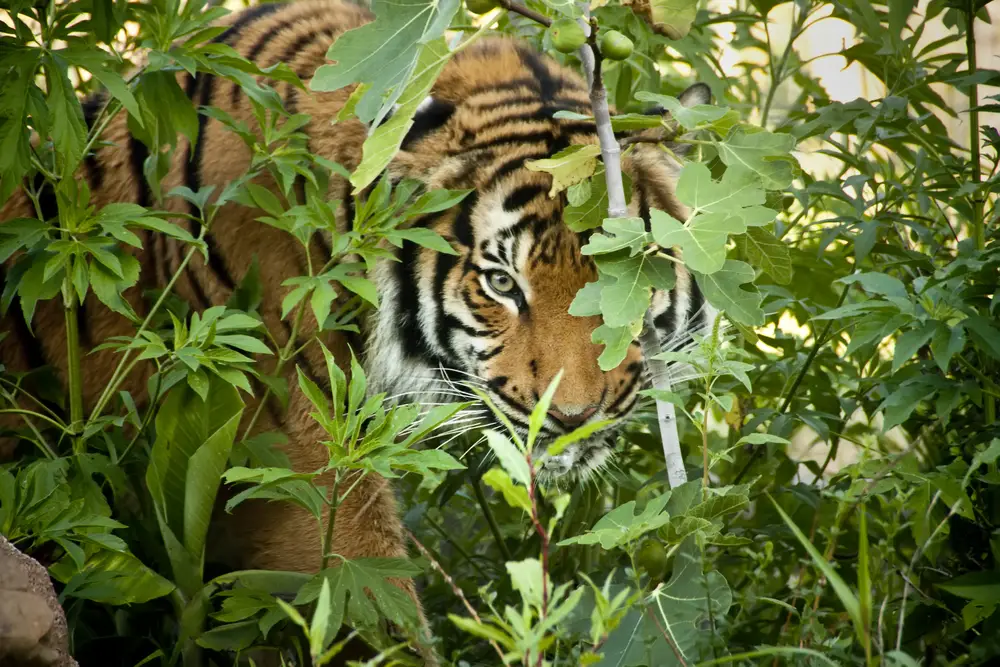
Tigers are apex predators, and they occasionally display a calculated form of revenge against those who wrong them. There are documented cases of tigers tracking down poachers and hunters who have harmed them or their cubs. These big cats often patiently wait for the right moment to strike, showcasing their incredible patience and cunning. Unlike random attacks, these instances are often seen as deliberate acts of payback. Their strategic approach to retaliation emphasizes their intelligence and awareness.
This predatory behavior is a vivid reminder of the tiger’s role as both hunter and avenger. By singling out their targets, tigers demonstrate a level of planning that rivals human strategies. Their ability to remember and pursue specific people adds a chilling dimension to their power. These stories of vengeance serve as a cautionary tale for those who disrespect the natural world. Tigers demand respect not just for their strength, but for their calculated and deliberate actions.
Orcas’ Coordinated Retaliation

Orcas, or killer whales, are highly intelligent marine mammals known for their complex social structures and communication skills. When threatened or harmed, they’ve been observed retaliating in coordinated ways that are surprisingly strategic. There are accounts of orcas disabling boats and harassing fishermen in retaliation for perceived wrongdoings. Their ability to plan and execute these acts speaks volumes about their cognitive abilities. This behavior suggests a form of communal justice, where the pod works together to address a threat.
The level of organization in their retaliation is reminiscent of human teamwork. Not only do they retaliate, but they do so with precision and purpose. Such actions underline the deep social bonds and intelligence within orca pods. Their methodical approach to dealing with threats serves as a potent reminder of their capabilities. It’s a testament to the complexity of their social interactions and the depth of their understanding.
Camels Holding Grudges

Camels are known for their endurance and resilience, but they also have a reputation for holding grudges. There are tales of camels waiting patiently for the right moment to retaliate against those who have mistreated them. These animals can remember ill-treatment and act on it long after the initial incident. Their form of revenge often involves spitting, biting, or kicking, aimed directly at the person responsible. This behavior highlights their ability to remember and distinguish between different people.
Their retaliation is not immediate, suggesting a level of patience and calculation. This delayed reaction can catch people off guard, reinforcing the notion that camels are not to be trifled with. Their capacity for holding grudges showcases an understanding of fairness and retribution. These instances serve as a reminder of their intelligence and the importance of treating them with respect. Camels’ vengeful actions make clear that they’re more than just beasts of burden.
Chimpanzees’ Social Punishments
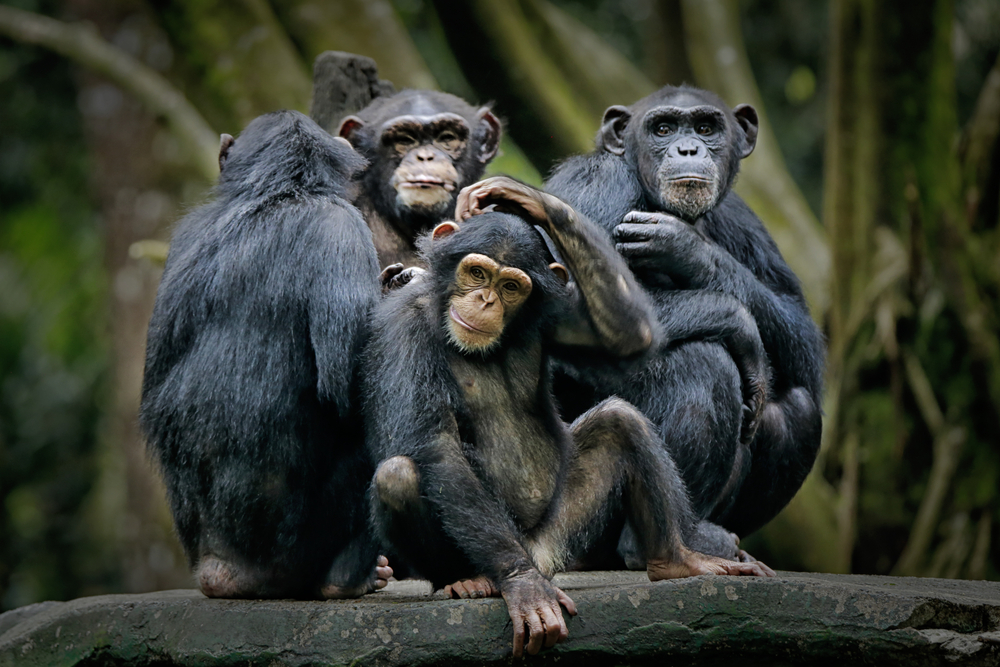
Chimpanzees are our closest relatives in the animal kingdom, and their social dynamics can be strikingly similar to ours, especially when it comes to revenge. Within chimpanzee communities, wrongdoers are sometimes subjected to collective punishment. This can range from social ostracism to physical aggression. The chimps’ ability to identify and single out those who have offended the group is a testament to their advanced social awareness. Their actions reflect a complex understanding of justice and communal harmony.
Chimpanzees’ form of punishment serves to maintain order and reinforce social norms. This behavior indicates that they have a sense of moral reasoning, akin to human societies. Their approach to dealing with transgressions shows a level of sophistication that is remarkable in the animal world. It challenges the notion that moral concepts are uniquely human. Through their actions, chimpanzees demonstrate the depth and complexity of their social interactions.
Revenge of the Sheep
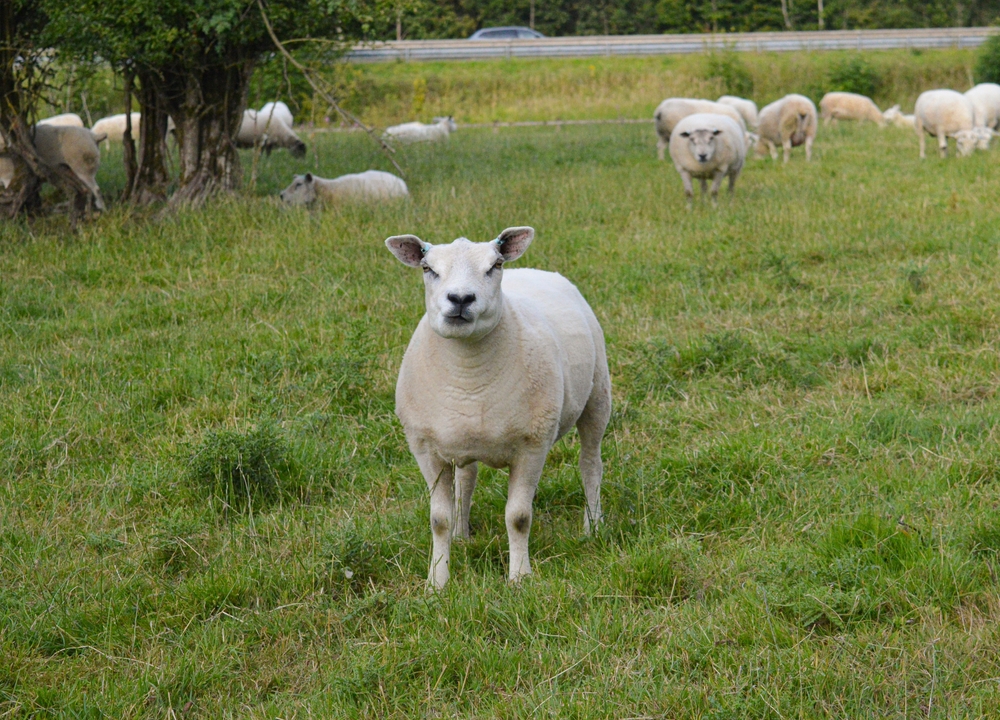
Sheep might not be the first animals you’d expect to seek revenge, but there are instances where they’ve displayed surprising forms of retaliation. Some farmers have reported sheep remembering rough handling or threats and acting out against the perpetrators later. This can involve headbutting or refusing to cooperate with those who have wronged them. Their ability to remember and react to past events indicates a level of cognitive functioning that often goes unnoticed. Sheep, often deemed simple-minded, show they have a memory for retribution.
These acts of revenge highlight an unexpected side of their nature. It suggests that even animals perceived as docile can possess a sense of fairness and justice. Their actions serve as a reminder of their intelligence and emotional range. It challenges the stereotype of sheep as merely followers without individual agency. Through their revenge, they show they’re capable of more than meets the eye.
Monkeys’ Calculated Responses
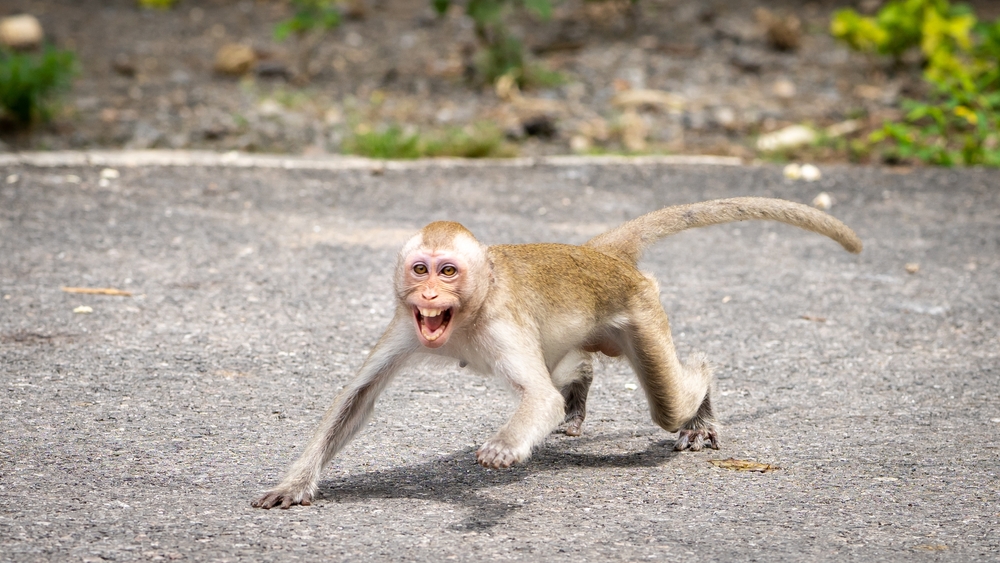
Monkeys are known for their mischievous behavior, but their retaliatory actions can be surprisingly calculated. In some cases, monkeys have been observed waiting for the perfect moment to exact revenge on people who have crossed them. This can include stealing belongings or creating chaos in areas frequented by their targets. Their patience and timing reveal a level of planning and foresight comparable to human retaliatory tactics. This behavior underscores their intelligence and adaptability.
The targeted nature of their actions suggests a sophisticated understanding of cause and effect. Monkeys’ ability to remember specific events and act upon them later is a testament to their cognitive abilities. By choosing the right moment to strike, they demonstrate a strategic approach to revenge. These instances of calculated retaliation remind us of their wit and resourcefulness. It’s a fascinating glimpse into the complex minds of these clever primates.
In the animal kingdom, revenge isn’t just a human concept. These stories of animal retribution highlight the intelligence, memory, and emotional depth present in a variety of species. It’s a reminder of the intricate social dynamics and moral reasoning that exist beyond our own experiences. As we continue to study and learn from these creatures, we gain a deeper appreciation for the rich tapestry of life on Earth.
